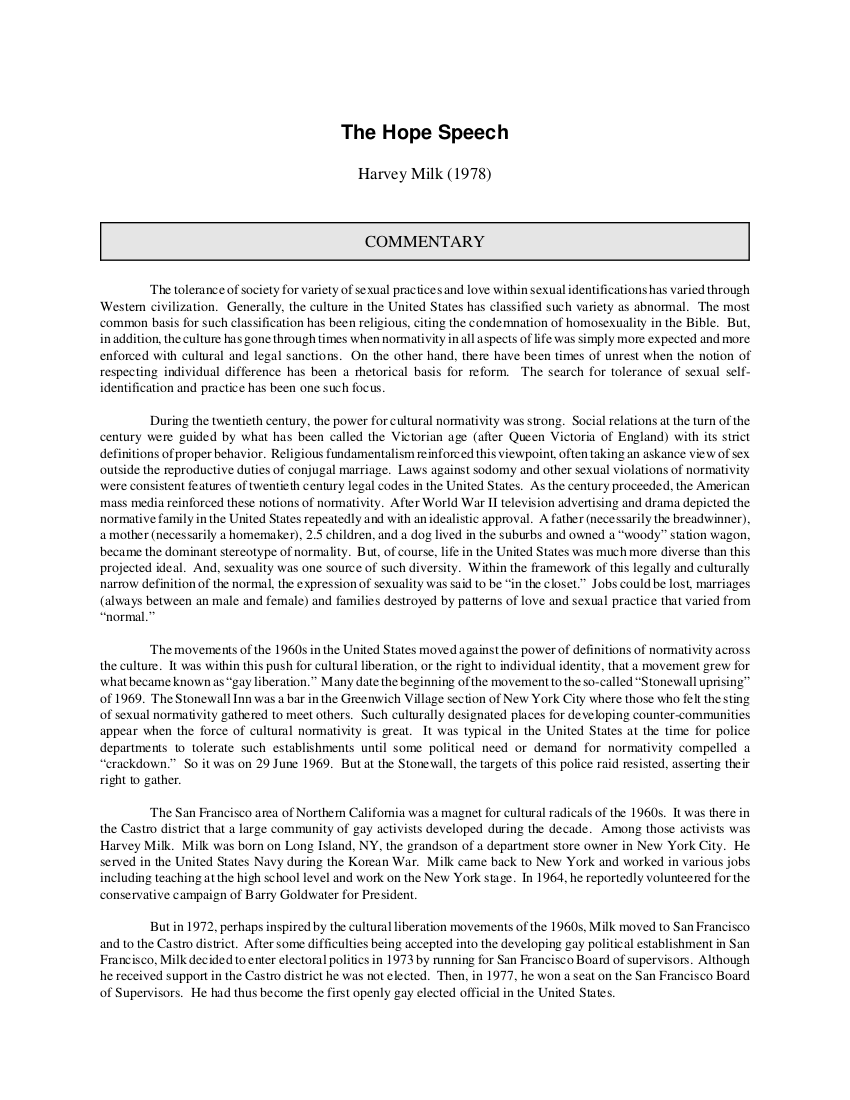

Don’t forget to bring reading glasses if you need them. Before you speak, find out if the lectern will be lit well enough for you to read. Your goal for your conclusion should be that everyone will know that you are done without you have to say “thank you.” You accomplish that by adjusting your pace and pause, and, to a lesser extent, your pitch and power.Ĥ) Research. If you are a natural fast-talker, slow down when you make important points. Pause before and after an important point. Make sure you are pronouncing all the words you are using correctly.ģ) Focus on your vocal variety. Use intonation when reading so that you don’t sound monotone or like you are reading it for the first time. Try to look up from the pages as much as possible so that when you deliver the speech, you will be able to make eye contact with your audience. Practice reading out loud and turning the pages. Here’s a short video showing what that looks like.Ģ) Practice Reading Aloud. That means some sheet protectors will have two pages in them, back-to-back.
#Manuscript speech examples full#
Arrange the pages so that there are always two full pages facing you, which minimizes page-turning. Place sheets in sheet protectors and place them in an unobtrusive thin white three-ring binder. Print out your speech in type that is large enough to be read easily from a lectern. But, if you find yourself in a public speaking circumstance where you need to read from a prepared manuscript, here are five tips to help guarantee smooth delivery.ġ) Large Type. Your mind can't think about too many things at once, so think about breathing, enunciating your words, and controlling your tone, and you'll maintain more control.We like presentations that are delivered without fear, and without a script.
#Manuscript speech examples free#
Feel free to acknowledge that you have not prepared for a speech.If you want to make this a funny story about your pesky little brother who always bothers you during homework time, then do it. Remember you're in charge of this time. Your goal is to deliver a one-sided conversation, off the cuff, so you are in complete control.This is a handy trick when you're facing a hard question or asked to discuss a topic with which you're unfamiliar. They think of questions ahead of time (or topics to discuss), prepare some talking points, and talk about those, despite the topic or question they're given. Hijack the topic. There is an old trick that politicians use when they're being interviewed on TV, and once you realize this, you can use it yourself.Don't try to remember the entire speech in detail like this just remember important points. If you have time before your speech, create an outline of the major themes or points and commit it to memory with a memorization trick, like an acronym.

If you can walk away gracefully, your speech will be a hit, so keep your big zinger for last. The middle portion of your speech should relate to the event you're attending or the class assignment, but if you have to choose one great moment, your ending line is particularly important. So the beginning and ending markers are critical. A little-known fact about effective speeches is that if you start with a good line and then end with a really great punch, the speech will be perceived as a total success.

Highlight a few interesting or significant points. Keep in mind, your impromptu speech doesn't have to be long.If you have a few moments before your speech is expected to begin, grab a writing utensil and something to write on, whether it's a napkin, envelope, or the back of a receipt you have on hand, and jot down a few thoughts.


 0 kommentar(er)
0 kommentar(er)
